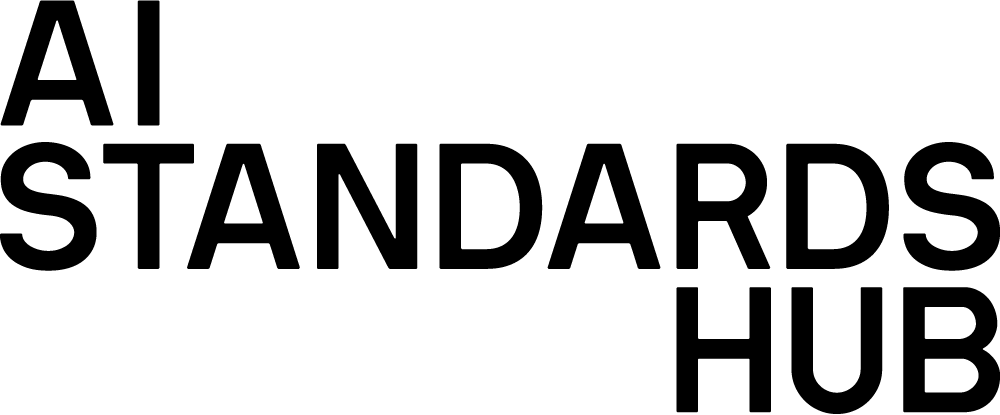Blog post by:
Ivan Serwano, AI Consulting Manager, BSI

In June 2024, African ICT and Communications Ministers endorsed two landmark initiatives: the Continental Artificial Intelligence (AI) Strategy and the African Digital Compact. These efforts are designed to unlock the transformative potential of AI and digital technologies across the continent and accelerate Africa’s digital transformation to foster sustainable development.
The Continental AI Strategy provides a comprehensive roadmap for African nations to harness AI in ways that align with their unique needs, values, and development goals with an emphasis on ethical AI use, mitigating AI risks, and maximizing opportunities for growth. The strategy underscores the importance of an Africa-driven, people-centred approach to technology adoption. By focusing on key priorities such as human capital development, research and innovation, and an enabling institutional environment, the strategy aims to ensure that AI contributes positively to Africa’s development.
The African Digital Compact complements this vision by outlining how digital technologies can fuel economic growth, improve societal well-being, and support the creation of a robust digital infrastructure across the continent. Central to the Compact is fostering talent, promoting cross-country collaboration, and strengthening public-private partnerships to accelerate the implementation of African digital solutions.
Both the Continental AI Strategy and the African Digital Compact have been widely embraced by African civil society. In a statement in support of the Continental AI Strategy and the African Digital Compact, a coalition of civic tech and civil society organizations, including Pollicy and the Media Institute of Southern Africa (MISA), has urged the African Union Commission (AUC) to additionally prioritize the AUC Data Policy Framework. They argue that, alongside the AI Strategy and the Digital Compact, a solid data governance framework is essential to protect data-related rights and freedoms, and to ensure that digital transformation benefits all Africans equitably.
On the continent, AI and digital technologies are still heavily shaped by external actors, often in ways that do not align with the development goals of African nations. This dependency on foreign technologies and platforms can exacerbate exclusion and limit opportunities for local innovation. Through the continental strategies and policies, African policymakers are focused on developing indigenous AI capabilities that drive inclusive economic growth and social transformation, grounded in collaborative national digital strategies that promote equitable access to digital infrastructure.
Diverse stages of AI readiness in Africa
Different African countries are at varying stages of AI adoption and strategy development. Mauritius and Rwanda are among the most notable standouts, both of whom rank high on the AI Preparedness Index (AIPI) and have developed comprehensive national AI policies.
In addition, both these countries demonstrate a strong commitment to international cooperation and knowledge sharing. For example, Mauritius hosted their inaugural International AI Summit in May 2024, where discussions centred on the role of AI in Africa’s socio-economic development. Meanwhile, Rwanda chairs the Commonwealth Artificial Intelligence Consortium (CAIC), which supports small states in building AI capacity and leveraging global innovations to boost growth, sustainability, and job creation.
The role of standards in supporting Africa’s AI and digital Strategies
As Africa moves towards full-scale AI adoption, standards will play a critical role in ensuring the successful implementation of both the Continental AI Strategy and the African Digital Compact. Standards provide the necessary frameworks for interoperability, security, ethics, and quality control across AI systems and digital technologies. By adhering to international standards, African countries can unlock numerous benefits:
- Facilitate cross-border collaboration. Standards provide a common framework that facilitates seamless integration and cooperation across borders. This is especially important for Africa, which consists of 54 independent countries. The continental strategies have set the ambition for the 54 states to build unified AI ecosystems that support cross-border collaboration. Standards will be critical in supporting effective collaboration on AI and digital initiatives and in driving collective progress.
- Enhance trust and security. Trust is essential for the successful deployment of AI technologies, particularly those that operate across borders. By following international standards in areas like data privacy, cybersecurity, and AI ethics, African countries can create frameworks that safeguard user data and secure digital systems. This fosters confidence among users and encourages both investment and innovation in AI solutions.
- Promote innovation and competitiveness. Standards provide clear benchmarks and guidelines that help innovators navigate the complex AI landscape. With well-established standards, African entrepreneurs and startups can develop AI technologies that meet global quality expectations. This, in turn, boosts their ability to compete on the international stage, fostering a thriving AI ecosystem in Africa.
- Ensure ethical AI development. Ethical concerns surrounding AI, such as bias, fairness, and accountability, are a global challenge. These issues are increasingly being addressed through a principles-based approach that identifies and mandates management controls for key ethical principles in organizations, industries, or sectors. International AI management standards, like ISO/IEC 42001, play a vital role in guiding the ethical development and deployment of AI technologies. These standards are designed to accommodate diverse principles and values. By adopting ethical standards, African countries can ensure that AI is developed in a way that aligns with African values while meeting international ethical concerns.
Conclusion
The development of AI and digital technologies in Africa offers immense opportunities for growth, innovation, and social progress. However, to ensure that these technologies are harnessed for the benefit of all Africans, it is essential that they are guided by a robust framework of standards. By adopting international standards in AI, data governance and digital security, African countries can accelerate their digital transformation, promote inclusivity and ensure that AI serves the continent’s long-term development goals.
As Africa continues to move forward with the Continental AI Strategy and the African Digital Compact, the role of standards will be pivotal in shaping a future where technology is not just a tool for economic growth but also a catalyst for equitable and sustainable development.



0 Comments